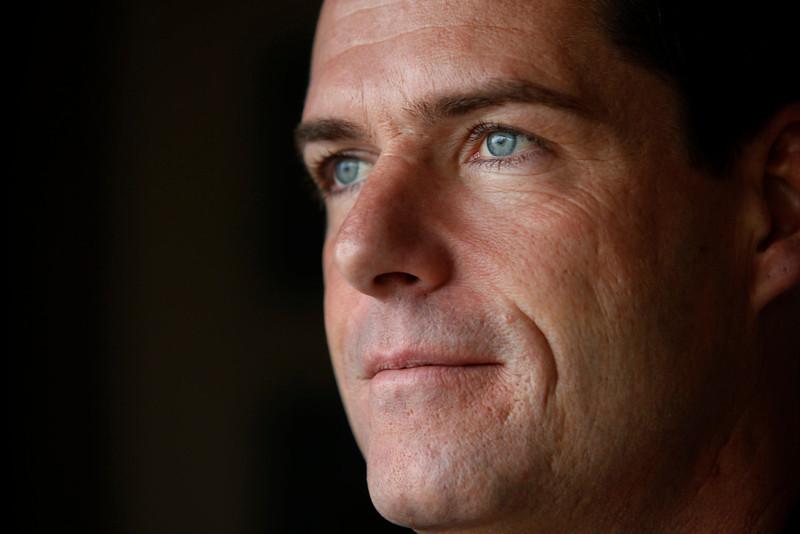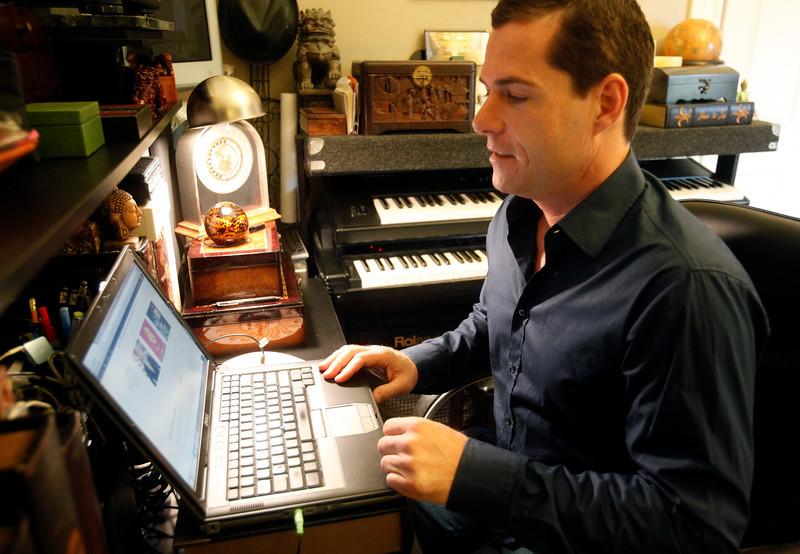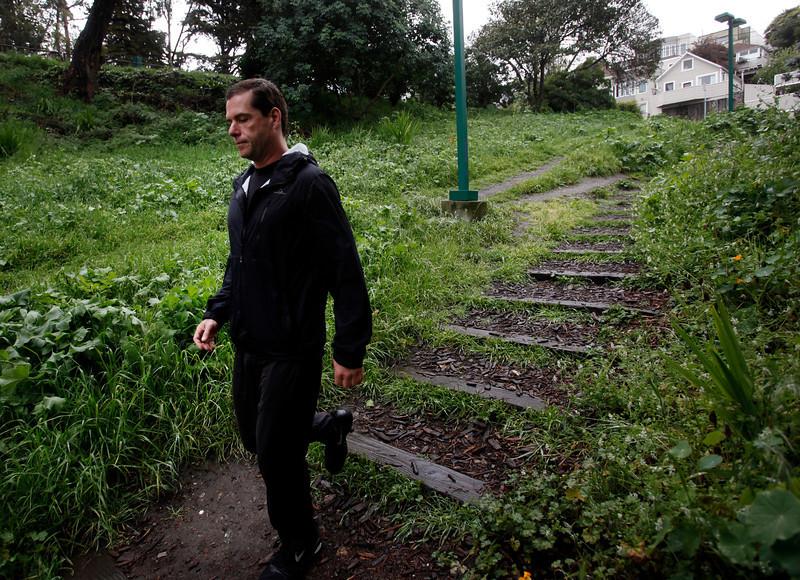Bay Area Man Aims Crusade against Child Molesters toward the Ballot
By Tracey Kaplan
More determined than ever to punish child molesters, the Bay Area man who admitted punching a priest he claimed sexually abused him as a child -- but who was acquitted anyway by a sympathetic Santa Clara County jury -- has launched another seemingly quixotic crusade. Fed up with politicians in the state Legislature, Will Lynch intends to do the very complicated work of putting a measure on the California ballot. His intent is to eliminate the statute of limitations on the criminal prosecution of child molesters. The amount of time prosecutors now have to file charges against molesters depends on when the sexual abuse occurred and how severe it was. Lynch wants Californians to eliminate the restrictions entirely as eight other states have done. Another 27 states have scratched the deadline for victims of a certain age, or for certain crimes. "Survivors should be able to come forward when they're able and get justice," said Lynch, who claims he and his younger brother were molested by the Rev. Jerold Lindner when they were 7 and 4 on a religious camping trip in the Santa Cruz Mountains more than 35 years ago. Without acknowledging wrongdoing, the Jesuits paid Lynch and his brother about $187,000 each after legal fees to settle a lawsuit they filed claiming that Lindner, in the mid-1970s, raped Lynch and made him have oral sex with his brother. If Lynch succeeds in his new quest, California would become the first state to put the issue directly before voters out of the 24 states that allow initiatives by petition. The measure would not be retroactive -- it would apply only to children molested after its adoption, not to Lynch and others like him. Big challenge But the 45-year-old economically struggling San Francisco resident has a long way to go to even qualify the initiative. He must craft a legally airtight measure and raise millions to pay signature gatherers. Then he must collect 504,760 signatures to get it on the November 2014 ballot. During the election, he'd have to be prepared to face possible opposition from religious groups like the Catholic Church, criminal defense lawyers and civil libertarian organizations. He must also overcome hesitation within the anti-molestation movement, including on the board of his own nonprofit, Roots for Individual & Social Enterprise, or RISE. Yet political observers say Lynch has a decent chance of overcoming the odds, especially given the success of the human trafficking initiative in November (Proposition 35, the "Californians Against Sexual Exploitation Act"), which easily garnered 81.3 percent of the vote. "If I had to bet $5, I think the measure would pass," said Santa Clara County Supervisor Joe Simitian, a former state senator who passed a law expanding the six-month statute of limitations for victims of child sex abuse to bring civil lawsuits against public school districts. "But getting a measure like this on the ballot is no small challenge." Since his acquittal, Lynch has apologized for physically attacking the then-65-year-old Lindner at a Jesuit center in Los Gatos, leaving Lindner bloodied, bruised and with two small cuts requiring stitches. He said he didn't plan the attack. But by choosing to go to trial rather than accept a plea bargain, Lynch gained a platform to expose the priest's purported wrongdoing and draw attention to the fact that child molesters can evade prosecution. Lindner cannot be prosecuted on charges he raped Lynch because the purported molestation took place in the 1970s when Lynch had only six years — or until he was 13 years old -- to report the alleged crime. Now, most California victims have until they are at least 28. Nationwide, efforts to eliminate both criminal and civil statutes of limitations on child sex abuse have been gaining momentum in state legislatures in the wake of scandals at Penn State and other places, said Marci A. Hamilton, the Cardozo School of Law professor leading the crusade. "In my big-picture view, the question is not whether (the statutes will be eliminated nationwide), but when," said Hamilton, of New York's Yeshiva University, who sits on Lynch's board of directors. But Hamilton is leery of taking the initiative route. "It's risky whenever you create an opportunity for religious groups to band together and lobby against it," she said. "Money talks very powerfully." People really care But the odds are slim that even small changes would squeak through the Legislature. Just last month, a bill co-authored by state Sen. Jim Beall, D-San Jose, and Assemblyman Ricardo Lara, D-South Gate (a child molestation victim himself), that would have given adult survivors of childhood sexual abuse more time to sue their abusers was gutted via what supporters say was a "stealth campaign." The chief opponent, a group called the California Council of Nonprofit Organizations that supporters say is affiliated with the California Catholic Conference, paid $75,000 to lobbyists to fight the bill. Also blocking Lynch's way is a prohibition the Legislature adopted in 2007. It bars members from passing any new law that would increase prison overcrowding, either through the creation of new crimes or the expansion of the statute of limitations on existing felonies, including child molestation. Initiative backers include celebrity lawyer Pat Harris, who successfully defended Lynch in the Lindner case -- pro bono. "It's not like Save the Crows or something people don't care about," Harris said. "Stopping children from being molested is a cause people do want to get behind -- and removing the statute of limitations would help." Contact: tkaplan@mercurynews.com
|
.
Any original material on these pages is copyright © BishopAccountability.org 2004. Reproduce freely with attribution.



